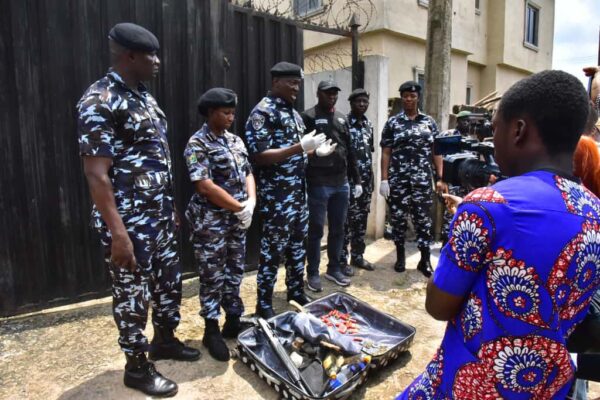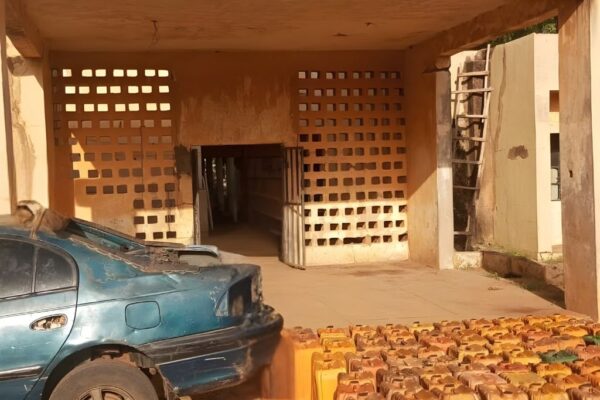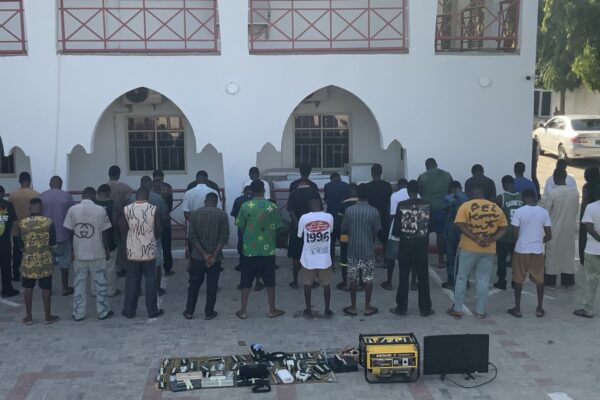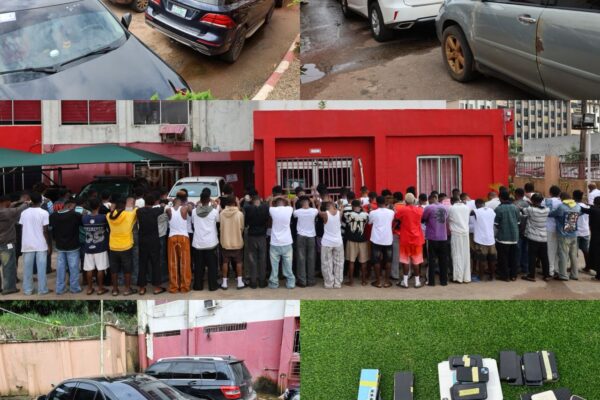
Pardoned Inmates Are Still in Custody -AGF Fagbemi
The Office of the Attorney-General of the Federation and Minister of Justice, Lateef Fagbemi has clarified that no inmate approved for clemency under the recent exercise of the President’s power of prerogative of mercy has been released from custody. The process, according to him, remains at the final administrative stage, which includes a standard review to ensure that all names and recommendations fully comply with established legal and procedural requirements before any instrument of release is issued. Fagbemi wrote; “It is important to note that the last stage of the exercise, after approval by the Council of State, is the issuance of the instrument for the implementation of the decision concerning each beneficiary. This stage affords an opportunity for a final look at the list for remedial purposes, if any, before the instrument is forwarded to the Controller-General of Corrections for necessary action. “This verification process is part of the standard protocol and reflects the government’s commitment to transparency and due diligence.” Fagbemi appreciates the public’s vigilance and constructive feedback, which continue to strengthen institutional integrity. Public engagement is always welcome, as it demonstrates that Nigerians care deeply about justice and good governance. “There is no delay in the process; it is simply following the law to the letter to ensure that only those duly qualified benefit from the President’s mercy. As soon as all legal and procedural checks are concluded, the public will be duly informed. The rule of law does not rush; it ensures fairness.”








